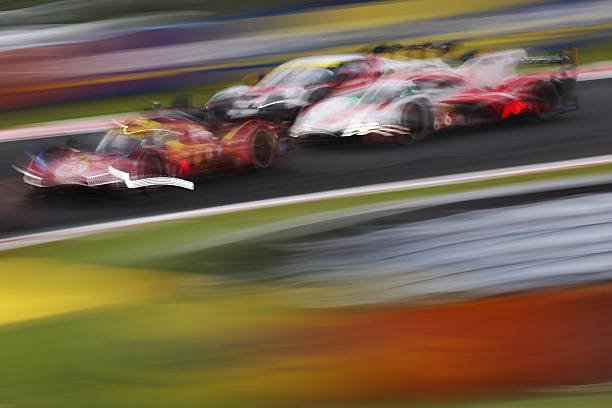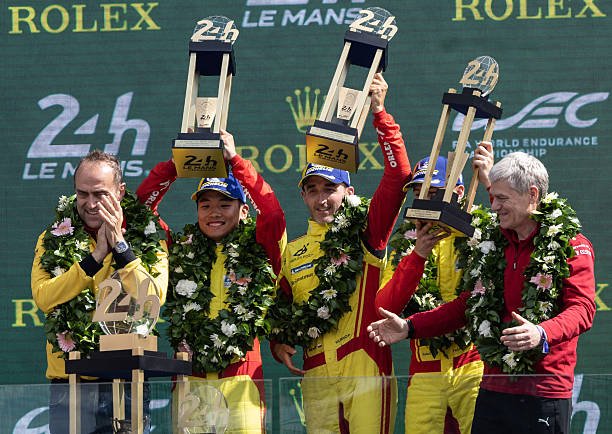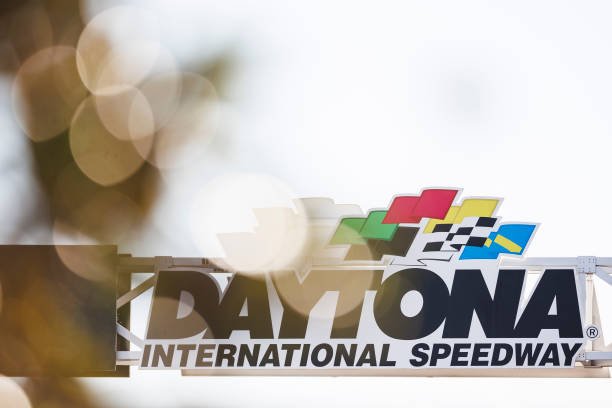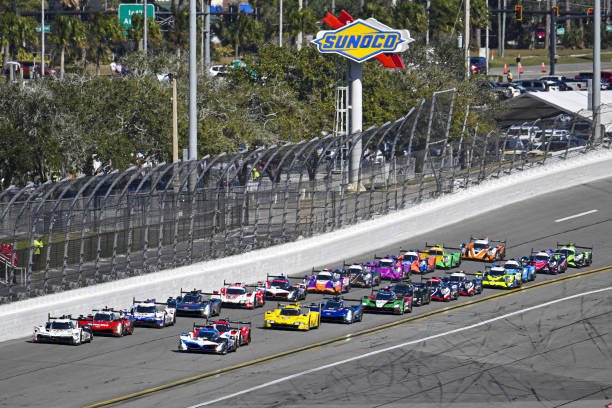ACO PRESIDENT SET TO REDEFINE BOP FOR THE 2026 WEC SEASON AFTER HEAVY CRITICISM
For the 2026 FIA World Endurance Championship (WEC) season, significant changes are expected to the Balance of Performance (BoP) system following mounting criticism from teams, manufacturers, and observers throughout 2025.
The current BoP system, originally designed to ensure performance parity between vastly different vehicle architectures like Le Mans Hypercars (LMH) and LMDh cars, has come under scrutiny for producing results that are seen as overly predictable, sometimes artificial, and occasionally counterproductive to fair competition.
Notably, Toyota publicly criticized the 2025 season as “boring,” arguing that the pre-announced BoP values led to foregone conclusions and discouraged competitive uncertainty.
In response to these concerns, ACO President Pierre Fillon confirmed that the BoP system will be “completely reworked” for 2026, with the intention of simplifying its structure and improving its responsiveness.
While the foundational principle of BoP, leveling the playing field between different car types, remains intact, the actual process of calculating adjustments is expected to change significantly. The current method, which uses a combination of the fastest ten laps and 60% of a car’s best laps from the last three races (excluding Le Mans), may be scrapped or revised in favor of a more transparent and dynamic model.
Additionally, it is likely that BoP will become more responsive to real-world race conditions and potentially less reliant on simulation data or fixed race averages, allowing the system to adapt more effectively throughout the season.
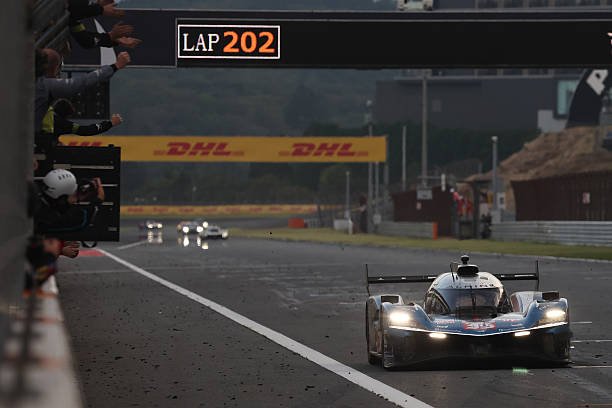
Alongside these performance regulation changes, Michelin will introduce a new range of slick tyres for Hypercar entries in 2026, incorporating more sustainable materials and offering improved warm-up behavior and durability. The new tyres are also expected to impact vehicle performance characteristics and, by extension, how BoP is calculated and applied.
With tyre consistency playing a major role in lap times and stint management, this change adds another layer of complexity to the BoP process but is seen as a positive step toward environmental goals and fairer competition.
Although the full technical framework for the revised 2026 BoP system has not yet been published, the changes signal a broader move by the FIA and ACO to restore competitive balance and respond to increasing pressure from major manufacturers who have threatened to scale back involvement if performance regulations continue to undermine fair racing.
The updated BoP will be implemented under a regulatory environment that has been extended to 2032, giving teams long-term confidence in the stability of the Hypercar class. Overall, the 2026 BoP overhaul is shaping up to be a pivotal reset aimed at preserving the integrity of top-level endurance racing while embracing necessary evolution.
Share this content:
